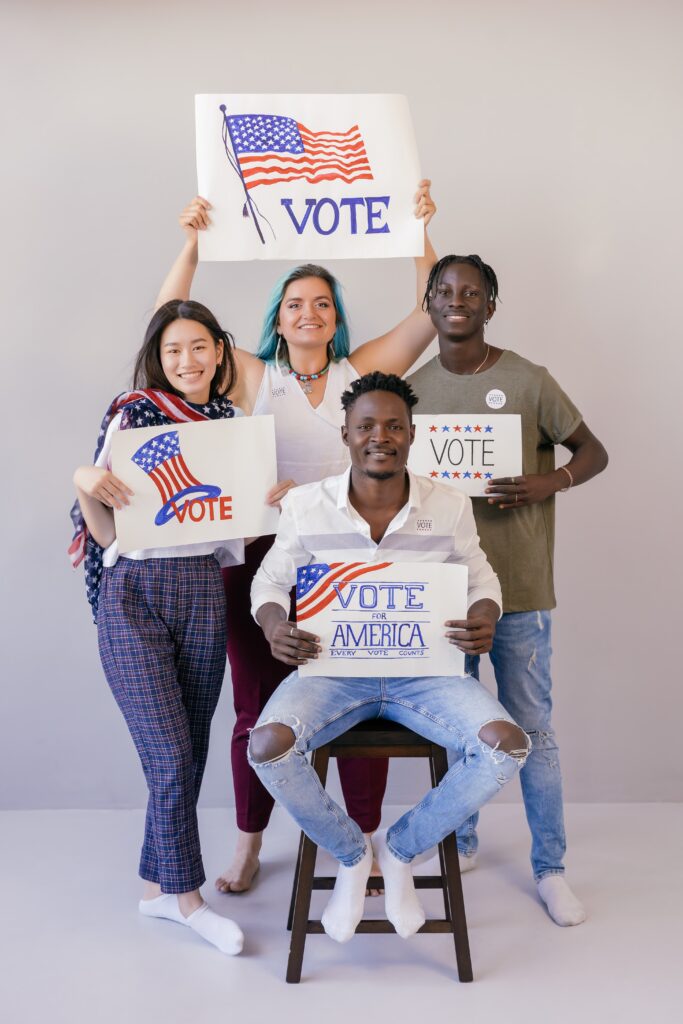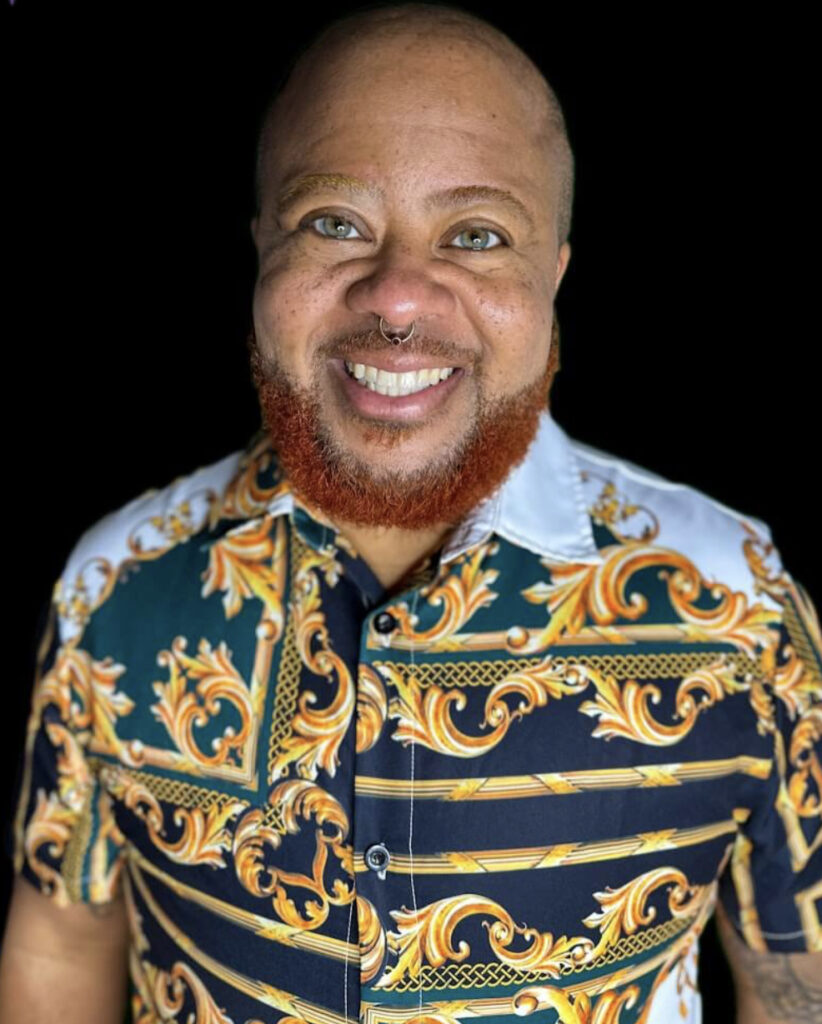The University of Connecticut’s Campaign School for Social Workers has been hosting workshops for social workers across the U.S. for twenty-five years. Taught through the lens of social work’s professional values and the Code of Ethics, this workshop allows attendees to learn about the power of politics from political insiders and experts. Specifically, this workshop outlines strategies for social workers to use to support their candidacy for political office. The workshop also highlights the importance of social workers’ participation in the political process and discusses ways that social workers can be politically active and advocate for social change even without running for office.
This year the Campaign School hosted a two-day workshop at UNC Wilmington. With support from three groups at the UNC School of Social Work, 12 UNC MSW students were able to attend the workshop.
One of the authors of this post, Sammy Salkin (she/her), a first year MSW candidate at Chapel Hill, was in attendance. Sammy shared the following reflections on this event:
For me, this conference was an extremely exciting opportunity. Typically when people think of social work, they think of direct practice. There are tons and tons of different opportunities for direct practice students, but sometimes finding examples of the type of work that macro social workers can engage in is more challenging. As a macro social work student in the Community Management, Policy and Practice program who is interested in policy development and advocacy, learning more about the political process was an invaluable experience. The Campaign School helped me to better understand the role that social workers can play in politics. I appreciated the discussion around the numerous ways to be involved with policy advocacy other than just running for office. The Campaign School explored other ways to be politically active, such as volunteering for campaigns. It was also incredibly helpful and inspiring to meet other macro social workers who are actively engaged in politics. Attending the Campaign School helped me better conceptualize the ways in which I can use my MSW to advocate for social change through policy creation and advocacy.
Toni Howell (they/she), also attended the event:
The University of Connecticut’s Campaign School for Social Workers was an informative, networking, and skill-building opportunity that strengthened my knowledge of social work’s role in American politics, policy work, and advocacy. While I am not personally interested in running for office, the skills I took away from the event regarding network building, fundraising, goal implementation, social media presence, and tips for succinctly communicating ideas will complement my future career endeavors. One of my favorite aspects of the event was the ability to meet, hear from, and engage with local North Carolina politicians who are also social workers. In addition, I appreciated the emphasis on “Voting is Social Work” and the accompanying resources and materials provided to educate oneself on local politics and support voter recruitment and engagement. While there were many great features of the event, there were some areas for improvement.
To start, I left the event wishing that the content for Day 1 (tips for running a campaign) and Day 2 (Social Work’s role in politics) had been presented in reverse. In addition, there were aspects of the event that felt isolating to marginalized groups regarding accessibility (COVID precautions) and offered event facilities (absence of gender-inclusive bathroom options). The event facilitators had a process for evaluation and feedback, which helped address these concerns. I hope that all feedback will be reviewed and responded to accordingly because the topic and information presented are critically important. This event is undoubtedly catered toward social workers (current or aspiring) who are interested in running in or assisting political campaigns. However, there are ample skills and information provided that could benefit anyone regardless of interests and career aspirations. Thank you so much to the Jordan Institute for Families, the Social Innovation and Entrepreneurship Lab and the UNC School of Social Work for providing funding and support to enable participation in this event!

